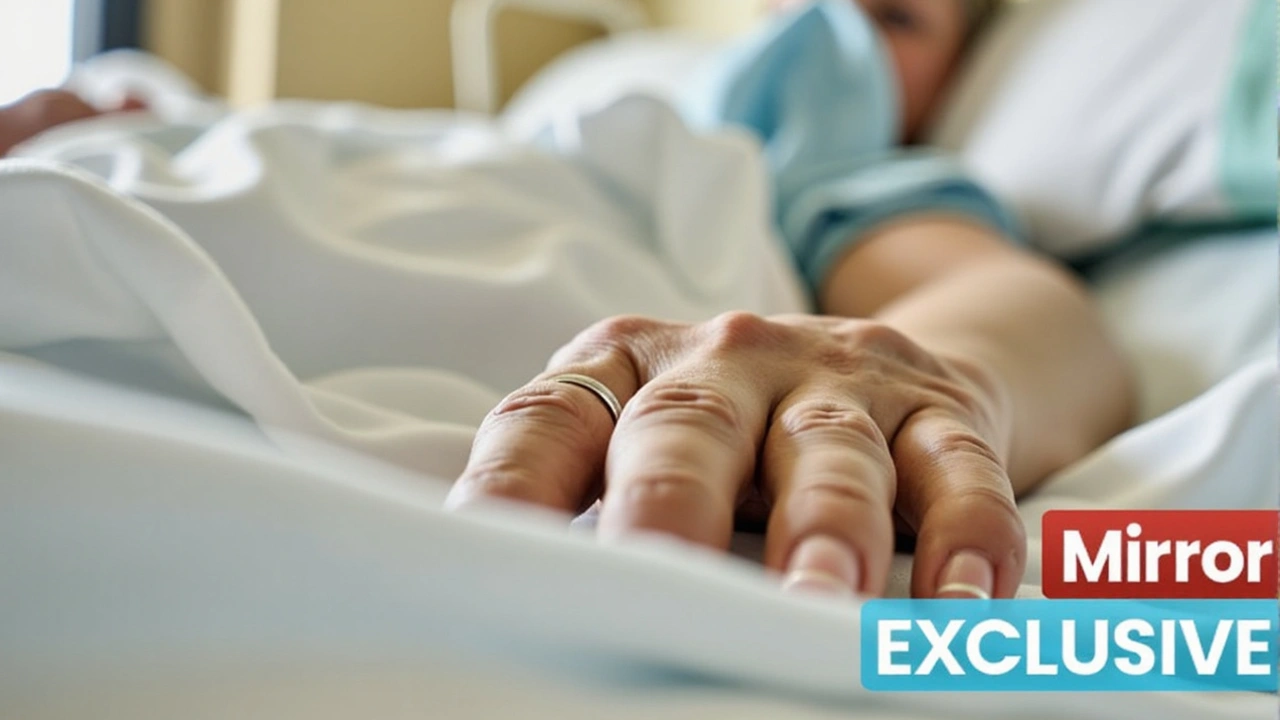Preventive Measures: Practical Tips to Protect Your Health
Ever wonder why taking preventive measures matters so much? It’s simple: prevention helps you avoid health issues before they start. Whether it’s protecting yourself from diseases like Lyme disease or staying safe in everyday situations, small actions make a big difference.
Take Justin Timberlake’s story, for example. Despite his hectic world tour, he faced Lyme disease—a condition that’s tricky but often preventable if you take precautions like using insect repellent and checking for ticks after being outdoors. Don’t wait for symptoms to appear; acting early can save you a lot of trouble.
Easy Everyday Habits That Help
Want to boost your safety game daily? Start with basics like washing your hands regularly to cut down germs, wearing masks when you’re in crowded places during flu season, and keeping your environment clean. These straightforward moves help stop viruses and bacteria from spreading around.
Also, staying informed on local outbreaks or health warnings can guide you on when to be extra careful. For example, as technology spreads, advancements like AI-ready data centers support quicker health alerts and better management of public safety. Staying tuned to trustworthy news sources keeps you in the loop.
The Bigger Picture: Community and Tech
Prevention isn’t just a solo job; communities pitching in make a huge impact. When we all follow recommended vaccinations, dispose of waste properly, and support health programs, it lowers risks for everyone. Plus, new tech helps track and predict health threats faster, so authorities can act sooner.
Remember, preventive measures don’t have to be complicated or costly. From simple hand hygiene to staying updated on health news, these small steps add up to stronger protection against illness and accidents. So next time you head out, think prevention—it’s your best first defense.

Rising Concerns Over Sloth Fever Virus in Europe: Symptoms and Precautions
The arrival of the Sloth Fever virus in Europe has raised alarms, with cases detected in Italy, Spain, and Germany, primarily linked to travel to Cuba. Symptoms include headaches, fever, and body aches, and health experts urge vigilance. Measures to prevent infection and manage symptoms are critical, especially for those traveling to affected regions.